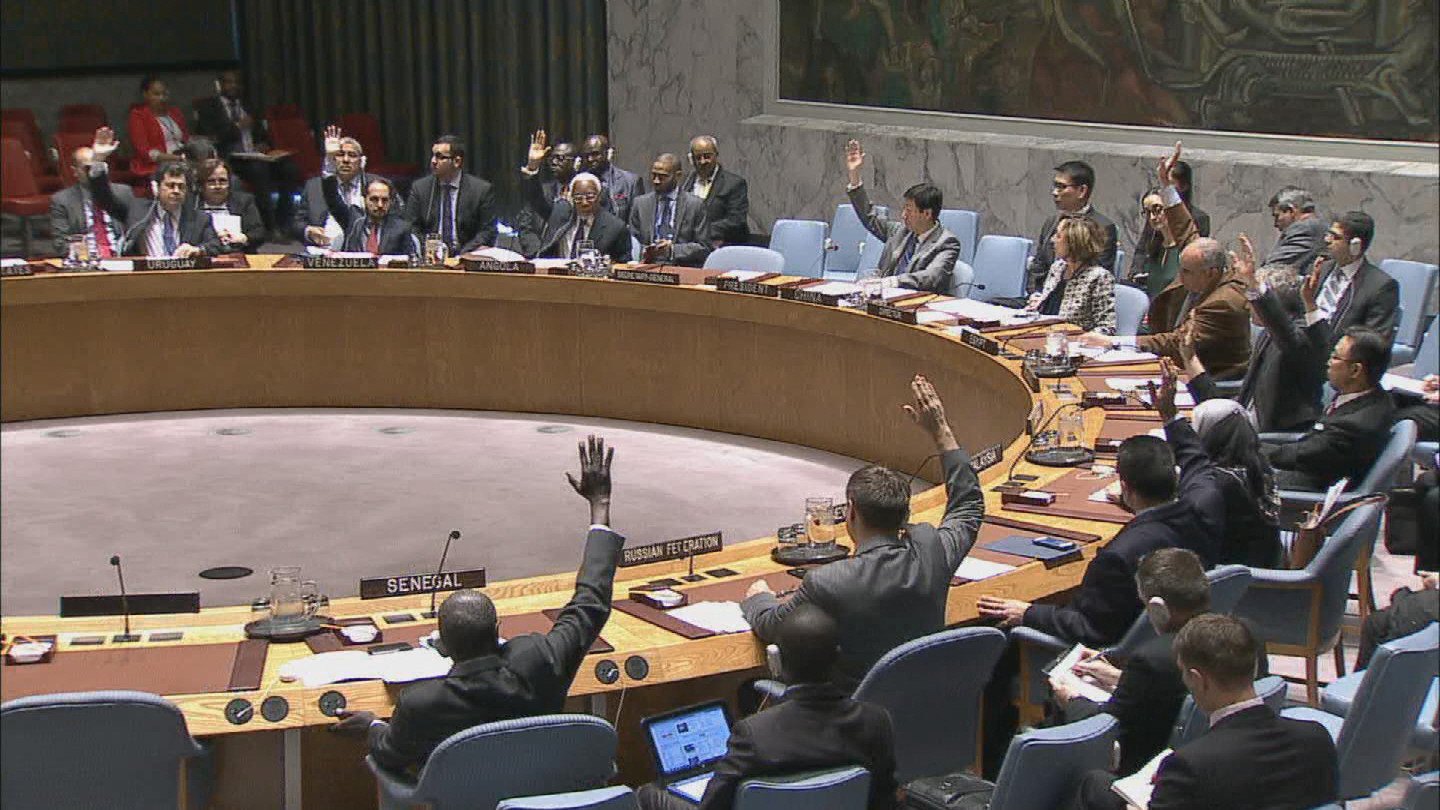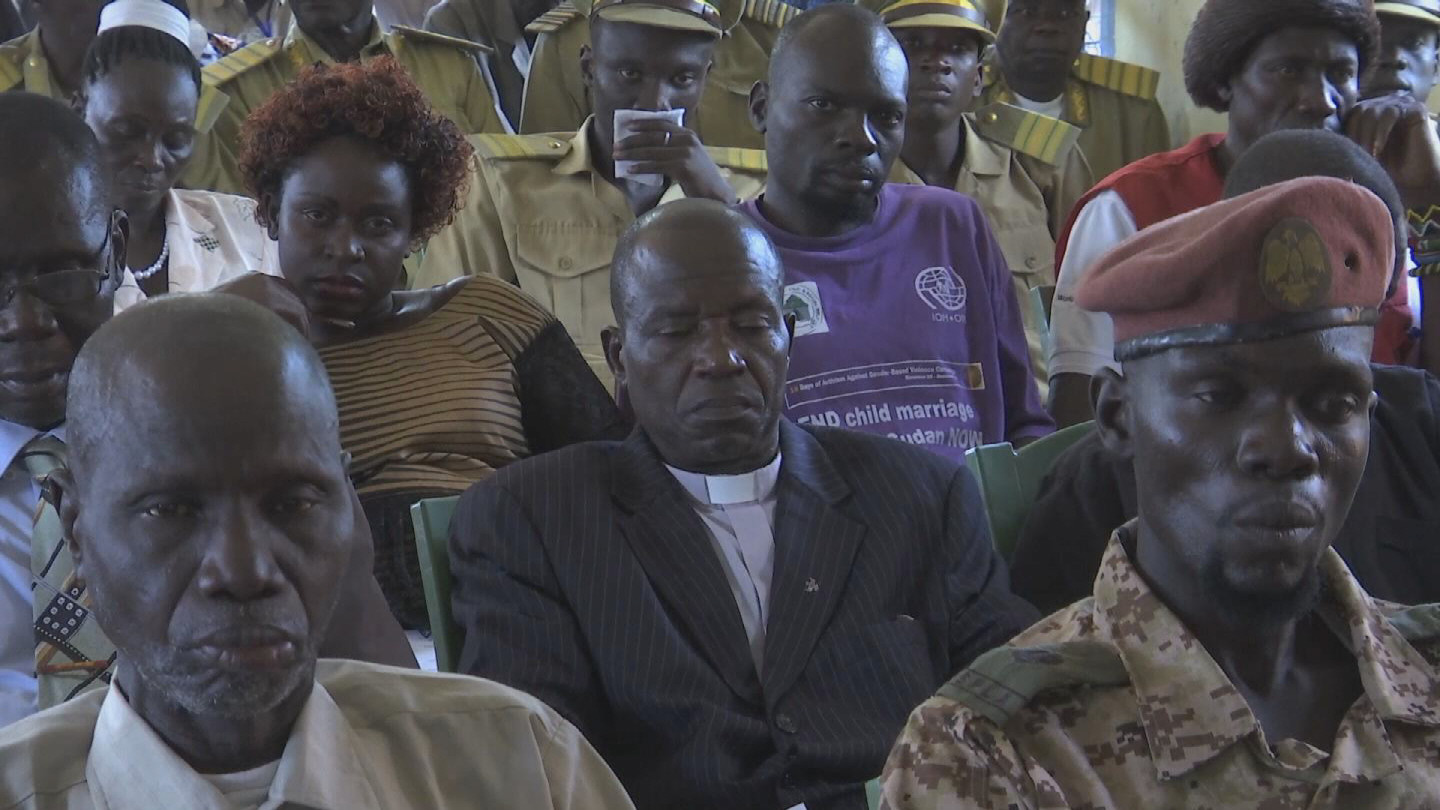Security Council
7472nd Security Council Meeting on Post-conflict Peacebuilding
7472nd Meeting (AM)
The work of the Peacebuilding Commission in 2014 had confirmed its potential as a platform for leveraging the political weight of its members in support of peace consolidation, which should be further utilized, the Security Council heard today.
An example of how the Commission could increasingly play to its political strength was the collective and determined position it took in the early stages of the Ebola outbreak, Antonio de Aguiar Patriota (Brazil), former Chair of the body said, presenting its 2014 report. The Commission was uniquely placed to promote greater harmony between the subregional, regional and international dimensions of post-conflict response.
A key priority of the body last year was to actively engage its African members and to establish partnerships with regional and subregional organizations, he said. As the Commission continued to integrate the regional and subregional perspectives into its work, it would further strengthen the relevance and weight of its country-specific engagement.
The Commission convened its first annual session in 2014 with a view to exploring where broader intergovernmental policy development was necessary to help countries reduce the risk of conflict. The challenge posed by illicit financial flows and similar systemic gaps in intergovernmental policy related to financing for peacebuilding highlighted the interdependence of security, institutional and social-economic initiatives in the promotion of peace.
Mr. de Aguiar Patriota said that, while women endured the tragic consequences of violent conflicts, they were also key agents for transformation in post-conflict societies. The Commission would further explore practical ways of mainstreaming gender dimension into its country-specific engagements.
The Council, he said, could draw more practically and systematically on the Commission’s advice, particularly mandates of missions that were being revisited in the context of changing priorities or draw-down and transition. The forward agenda contained in the report reflected the Commission’s determination to follow up on key thematic and country-specific approaches initiated in 2014, thus ensuring continuity in focus and consistency in approach.
Outlining the focus of the Commission in 2015, its Chair, Olof Skoog (Sweden), said the review of the peacebuilding architecture, conducted with the reviews of peace operations and resolution 1325 (2000), offered an opportunity to strengthen the work of the United Nations in peace and security.
“The vision and need for the Commission remain as valid as ever,” he said, stressing the need to better address the challenge of helping countries transition from war to lasting peace.
The three most affected countries by the Ebola outbreak — Liberia, Sierra Leone and Guinea — were all on the agenda of the Commission, which would continue to advocate for ensuring that peacebuilding priorities were addressed as part of the recovery efforts.
Stressing the importance of continued support for coordination with regional organizations, including the African Union, he said the Commission would identify ways to deepen dialogue to best draw upon comparative advantages. The Commission would consider the recommendations from the just-concluded annual session of 2015 on predictable financing for peacebuilding and continue to move forward with the cross-cutting issues of gender equality and women’s empowerment.
In the debate that followed, Council members stressed the importance of finding ways and means of enhancing the role and effectiveness of the Commission, with the representative of the Russian Federation urging that body to work within its specified mandate and not encroach upon the jurisdiction of others.
Stressing the importance of national ownership and inclusive politics, the representative of Nigeria said security-sector and justice institutions must receive adequate attention in States emerging from conflict.
Chad’s representative urged the Commission to strengthen its cooperation with the African Union, as the roles and functions of the United Nations and regional actors were complementary.
The representative of the United States stressed that the prevention of resurgent conflict was one area that required more cohesive action.
Also making statements today were the representatives of the United Kingdom, Spain, New Zealand, Jordan, France, Venezuela, Chile, China, Lithuania, Angola and Malaysia.
The meeting began at 10:20 a.m. and ended at 12:10 p.m.


